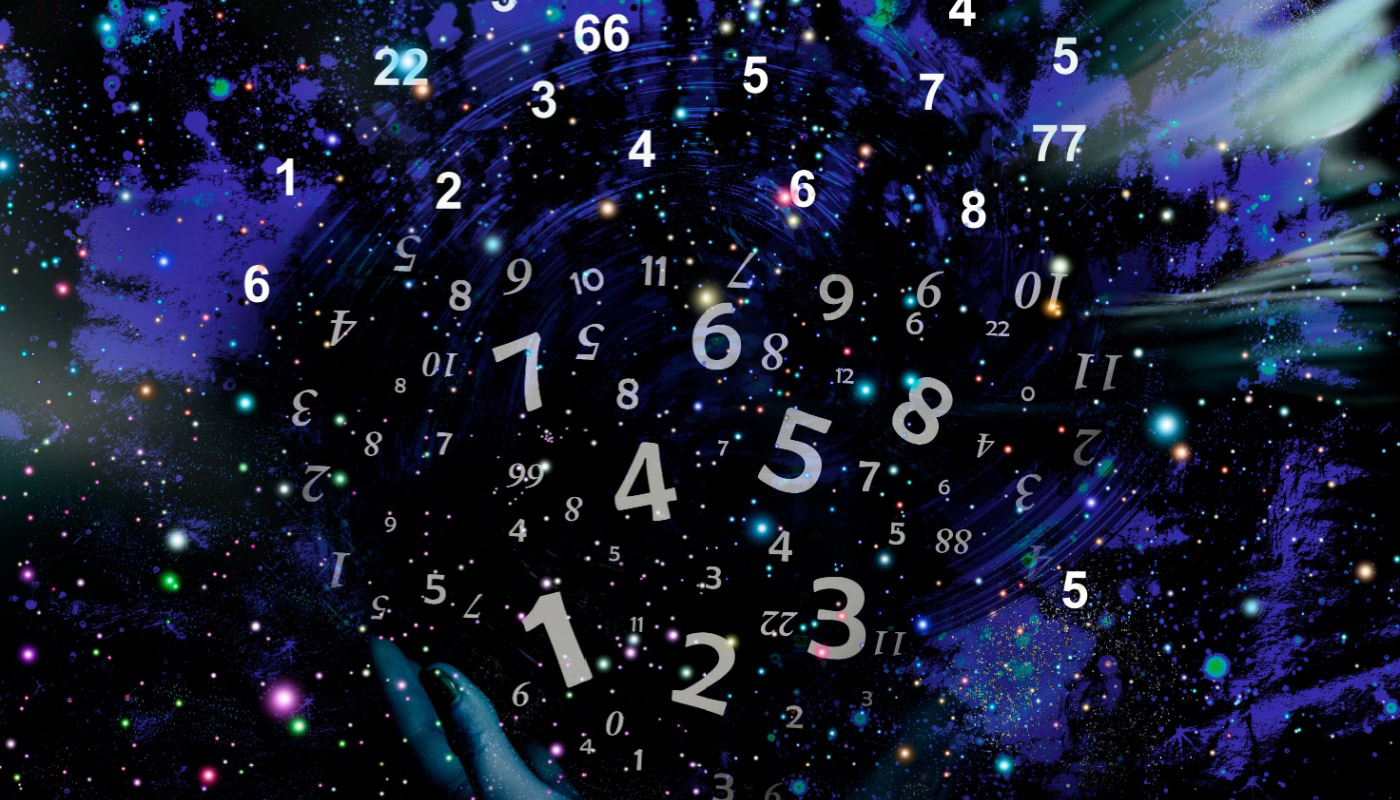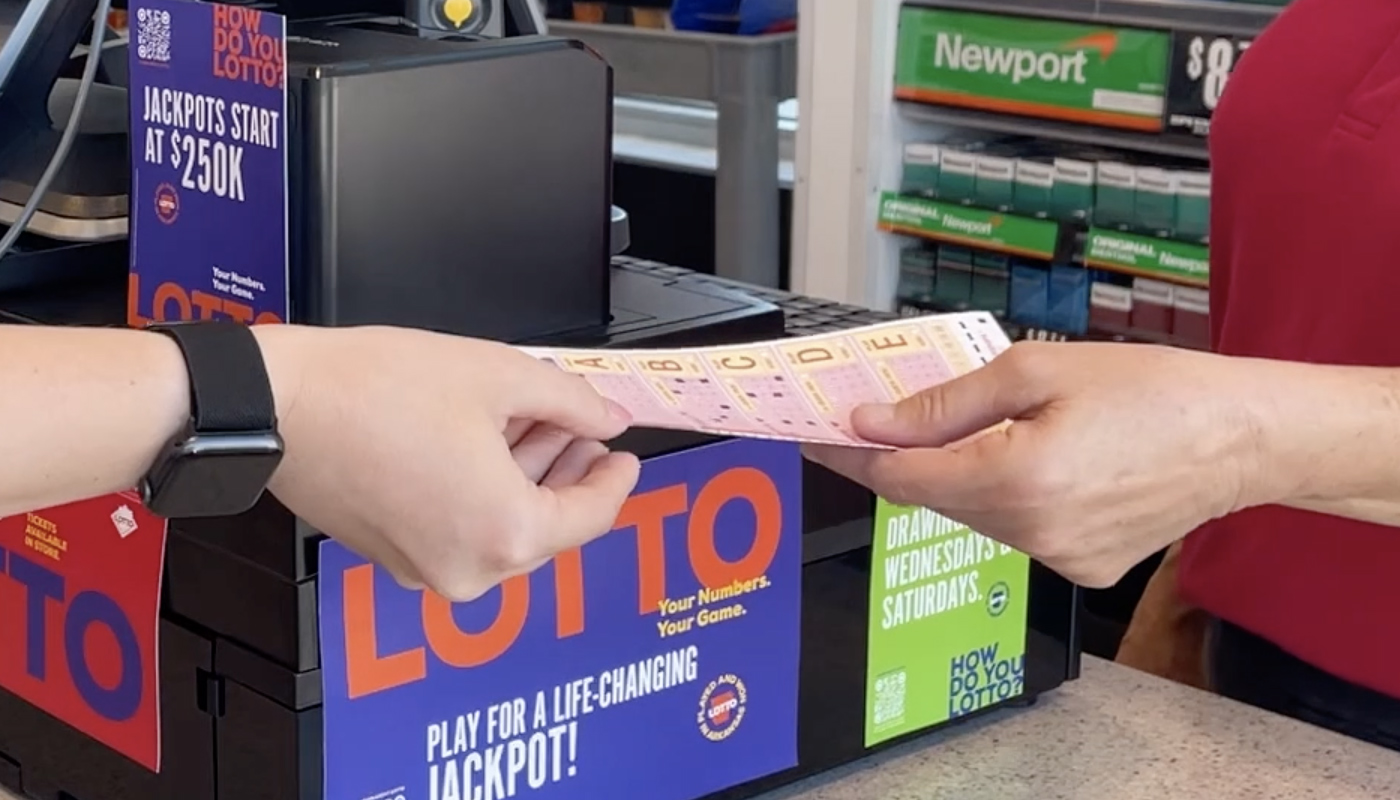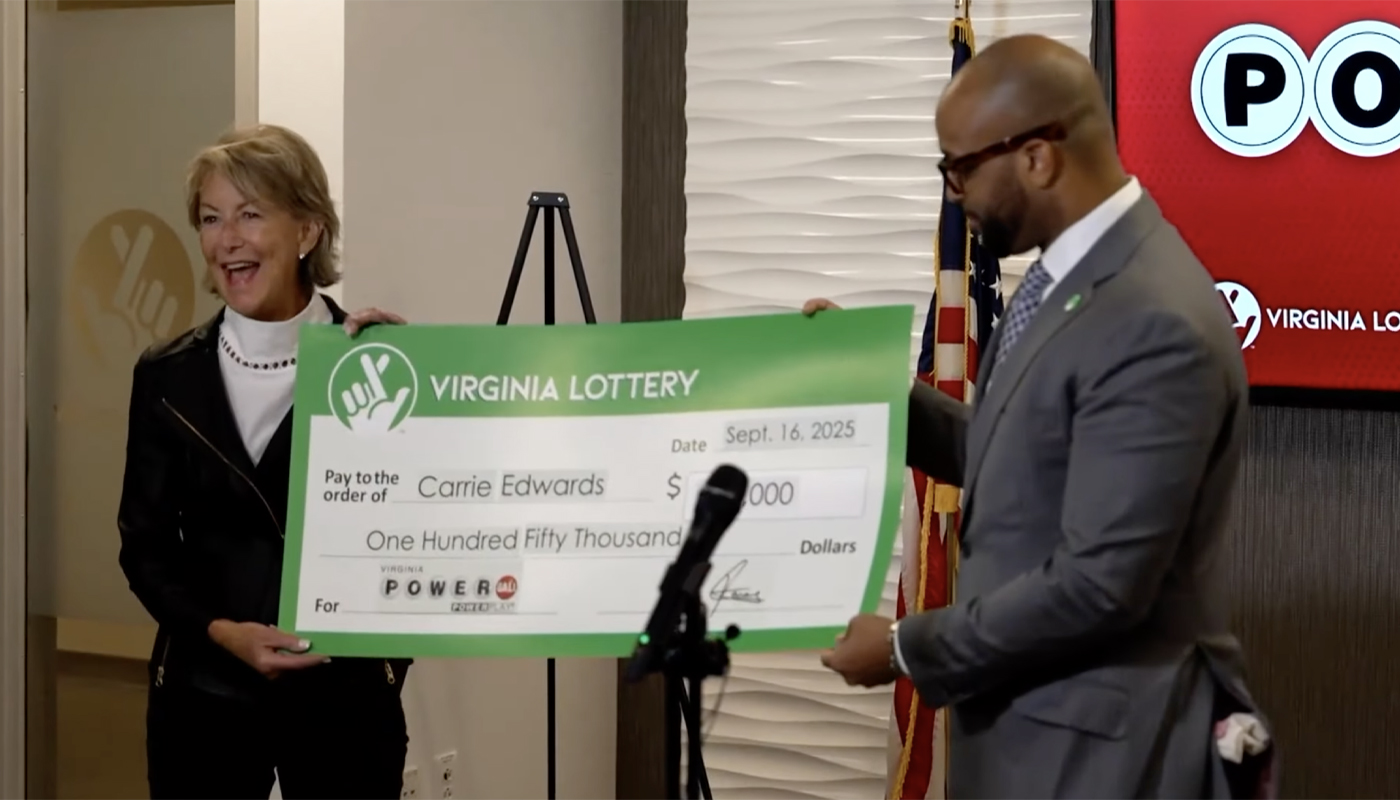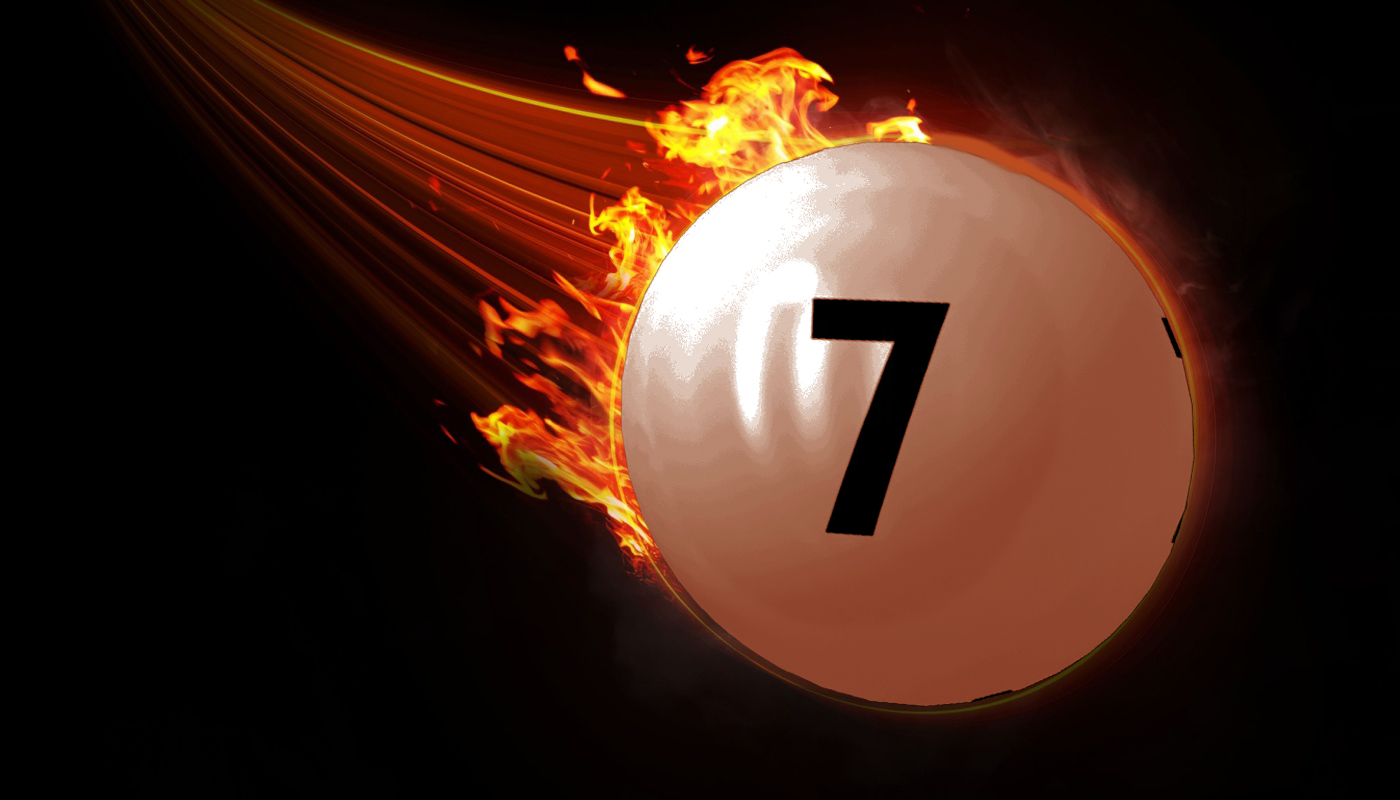
News writer; Opinion columnist
Can your dreams make you a lottery millionaire? From family birthdays to lucky charms, players will use anything they can to try to gain an edge when picking their lottery numbers, but what impact can our dreams have on our chances of winning a big lottery jackpot?
Dream interpretation dates back thousands of years, and as long as humans have played the lottery, they've looked to their dreams to understand which numbers to play or when they'll have the best chance of winning. But is this a reliable system for winning or a waste of your time?
To be clear, lotteries are games of chance, and there's no actual evidence that dreams can help players predict numbers. However, if it makes the game more fun to play, there's nothing wrong with trying to decipher your dreams and figure out your next big winning numbers.
The history of dream interpretation
Humans have sought to understand their dreams for thousands of years. The earliest surviving dream books date back over four thousand years, to clay tablets found in what was once ancient Sumeria. The tablets contain images that illustrate the meanings of various symbols or omens that a person may see in their dreams.
For example, if a person dreamed of eating, dream scholars would interpret that as a symbol of coming prosperity. Many people believed that dreams were messages from the Gods and that understanding them correctly would help them see the future.
Dream books were common throughout the ancient world, and they've been found in archaeological dig sites in ancient Egypt, Greece, and throughout the Middle East. And while each had its own unique group of symbols, they were all meant to prophesy the meanings of different dreams.
La Smorfia
The Italians created one of the first dream books related to lotteries. In the 1700s, the city-state of Naples introduced a state-run lottery. This lottery was a simple draw game in which players had to match five numbers between one and 90.
The game quickly became extremely popular, particularly among the working class and the poor, who saw the opportunity to win as their only chance to escape poverty.
The Neapolitans already had a robust tradition of dream interpretation. Once the lottery was introduced, reading dreams quickly became an integral part of the game, and players would consult La Smorfia to choose their numbers.
La Smorfia is a book that codifies the relationship between different numbers and the images that a person would see in their dreams. For example, dreaming of Saint Anthony was associated with the number 13, dreaming of Italy was associated with the number one, and dreaming of death corresponded to the number 17.
Someone using La Smorfia would write down their dreams and correspond the different images to the numbers in the book, which they would then play in the lottery.
The book is a combination of the dream manual created by the Greek philosopher Artemidorus, along with Neapolitan folklore and Catholic mysticism.
When Italians immigrated to other countries, particularly the United States and Argentina, they would often carry the book with them and incorporate it into the lotteries of those nations.
The current Italian national lottery is still based on the ancient Neapolitan one, and many players consult La Smorfia today.
The numbers racket
The numbers game, also known as the policy racket, was America's most popular illegal lottery game from the 1800s until the legalization of state lotteries in the mid-20th century. The game had many variations, but at its most basic, players chose three numbers between 0 and 99.
Initially, the numbers were selected by organizers drawing numbered balls out of a bag, but because this method was too easy to manipulate and cheat, operators based the winning numbers on a publicly available sum that allegedly couldn't be manipulated, such as the last three digits of the daily total trade volume of the New York Stock Exchange.
The numbers game was wildly popular throughout the country, particularly in African American communities. Shortly after the game was introduced, American players consulted their own dream books, which were widely sold in barbershops, liquor stores, and newsstands.
Many American dream books were rooted in West African traditions brought over by enslaved people, including practices such as divination and dream interpretation.
In West African culture, dreams were seen as predictive signs communicated by the spirits of a person's ancestors, and properly understanding them could help someone see their future.
In America, these traditions were often combined with biblical mysticism. Dream interpretation is a significant part of many bible stories, and dreams are often seen as messages from God.
One of the first American Dream books was published in Baltimore in 1887. Known as The Three Witches or Combination Dream Dictionary, it operated similarly to La Smorfia by assigning different numbers to different images.
However, the Three Witches also offered a unique twist by claiming that number associations could change depending on the city in which the user lived. Using this system, a person who dreamt of an ant in New York should play the numbers 7, 20, or 49, but a person who had the same dream in Philadelphia was supposed to gamble on 1, 2, 3, or 4.
Additionally, some dreams were considered lucky, and if a player had one, the book considered the next day to be a good time to gamble. For example, one popular dream book claimed that dreaming of your romantic partner meant you were more likely to win the next day.
Fafi
While Dream Books have lost much of their popularity over the years, there is one region where dream interpretation still remains strong. In South Africa, dreams and the popular lottery game Fafi are deeply intertwined.
Fafi has its origins with Chinese immigrants who worked in South African gold mines. They brought their own version of the Chinese lottery with them, which involved the drawing of symbols, each one of which was connected to a number, usually between one and thirty-six.
When native South Africans learned about the game, they adapted their own version, called Fafi, which replaced Chinese symbols with African ones. South Africa has a strong tradition of dream interpretation, and it quickly became an essential part of playing the game.
Many players would look to their dreams to pick the correct symbols for a drawing, and those who felt they could not interpret their dreams correctly would turn to local women known for their gift of understanding others' dreams.
These dream symbols functioned similarly to dream books, with each image or symbol corresponding to a specific number. For example, a person who dreams of a dog should play the number six, dreaming of money means a person should play the number fifteen, and someone who dreams of a small child would play the number two.
While technically speaking, Fafi is illegal, but, much like the American numbers games of the early 20th century, its widespread popularity, particularly in poorer communities, means that it remains a strong part of South African culture today.
Dream win
Can dreams help you win the lottery? Although there's no scientific evidence to support this claim, several winning players have reported that they chose their numbers based on their dreams.
An Australian man attributed his success in the lottery to the numbers he saw in his dreams. The man, who chose to remain anonymous, won $3.4 million from a Set for Life ticket that he purchased in December 2021.
Speaking to reporters about his win, he said:
“Now, this is going to be hard to believe, but years ago, I dreamed the numbers I mark my tickets with, and I've been using them ever since. It was such a vivid dream, and in it, I used the numbers to play the lottery, and then I won division one. It felt like a premonition. I'm not kidding! This isn't made up. It really happened. It feels as though it was meant to be. It's incredible."
A woman in Maryland also attributes her lottery success to listening to her dreams. She purchased a Maryland Lottery Pick 5 lottery ticket with an unusual number selection of 9-9-0-0-0 based on a dream she had.
She was rushing through a grocery trip when she purchased her ticket.
We were running late, and I almost forgot to play, but I knew we just had to play those numbers from my dream.
She was right to listen to her dreams because she scored a $50,000 prize from the December 20, 2024, drawing.
More recently, a man in Washington, D.C., said he felt compelled to buy a Powerball ticket because he had a dream that he would become a millionaire.
While he missed the Powerball number, he hit on all of the white balls and took home a million-dollar prize. The man, who is identified only as Tommy, stated:
It hit me hard. I lost my mom and my dog within a short timeframe. But I had a dream just the other day. It told me I was going to be a millionaire. And here it is. It's real.
Is it possible that all of these wins were just coincidences, unrelated to the player's dream? Definitely, but that doesn't mean you can't add some fun to your games by trying to understand what secret messages your dreams may be giving you.

















Comments